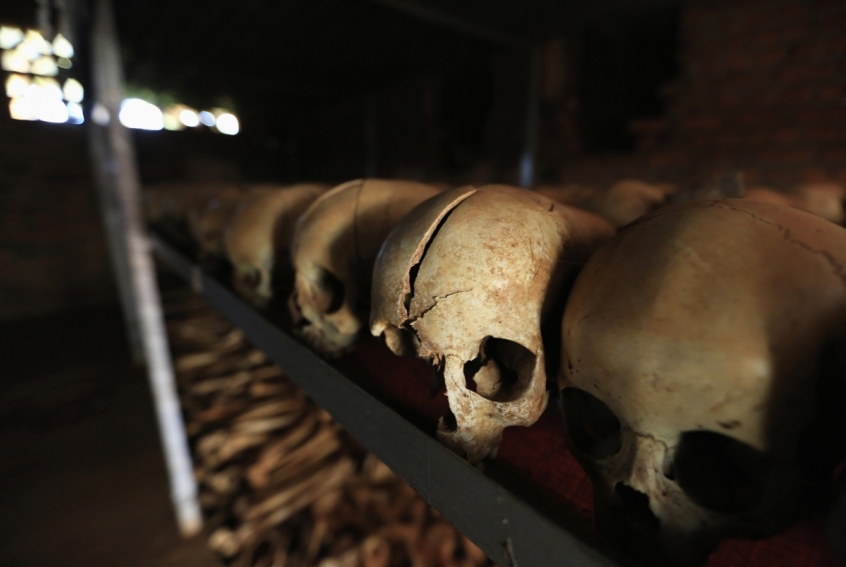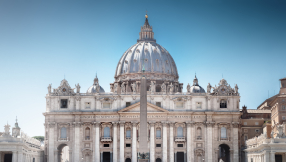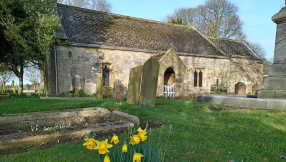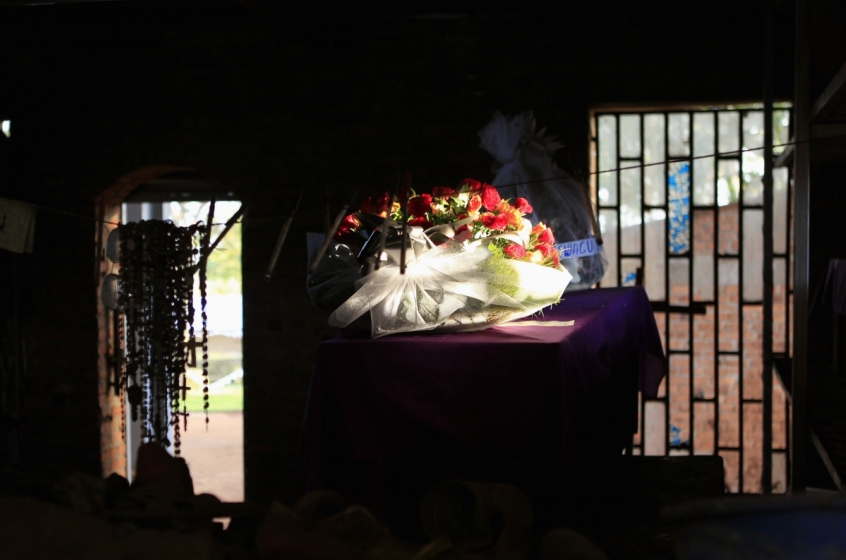
The Catholic Church in Rwanda has apologised for church members who played a role in the 1994 genocide, killing people and looting their properties.
The apology is contained in a joint resolution which was to be read in all Rwandan churches on Sunday.
Academic research by Timothy Longman of Vassar College is among the evidence for Christian complicity in the atrocities of 1994. He writes that Christian churches were "deeply implicated" in the genocide of the Tutsi population, with churches being sites for many massacres, and church members and administrators actually taking part. He explains this by the historic links between church and state, and the acceptance by church administrators of ethnic discrimination.
"For three months in 1994, the Christian churches of Rwanda served as the country's killing fields," he writes.
Thousands of Tutsis sought refuge in Catholic and Protestant churches, "But death squads surrounded the churches and systematically slaughtered the people within, tossing grenades through church windows, firing into the crowds with rifles, then finishing off the survivors with machetes, pruning hooks and knives."
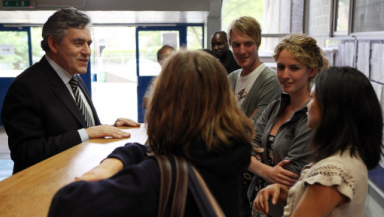
In total, at least 800,000 Tutsis were murdered by Hutus. The slaughter was recognised as genocide by the United Nations. In this video, Gary Haugen, chief executive of International Justice Mission, does a Ted talk about his time as UN chief investigator of the Rwandan genocide.
In its communiqué, released by the Rwanda Bishops' Conference to New Times, the bishops say the Catholic Church as an institution played no direct role but admits some members were involved in the killings.
"Even though the church sent no body to do harm, we, the Catholic clerics in particular, apologise, again, for some of the church members, clerics, people who dedicated themselves to serve God and Christians in general who played a role in the 1994 Genocide against the Tutsi," they say.
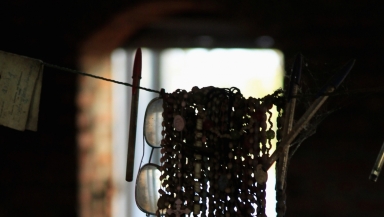
"We apologise and apologise for all Christians due to various crimes we committed, we are saddened by the fact that some of our followers ignored the vow with God through baptism and ignored God's commandments.
"We apologise for all hate sins and divisions that were created in our country to the level that we hated our compatriots based on ethnicity. We ask for forgiveness that very often we did not show that we are just one family and people turned to their colleagues to kill, looted their properties and dehumanised them.
"We apologise for all shepherds of Christians who caused conflict and sowed seeds of hatred among them and those who mistreated others, abused their rights in their services."
Bishop Philippe Rukamba, Bishop of Butare Diocese and chairman of the Rwanda bishops, told New Times: "We know that there are church members who played a role in the genocide, killed people and looted their properties. What we don't agree with is that the church itself played a role in the genocide. Our Pope has since asked us not to keep silent but show our position, we have done it but this year of mercy coincided with the event."
Dr Jean-Damascène Bizimana, of the National Commission for the Fight against Genocide, welcomed the apology.
"That the whole clergy sat down and apologised together for the role played in the genocide is a positive move; it shows their position and makes it clear for some who questioned the church's position on genocide," he told New Times. "We also ask that all church members who committed genocide come up and apologise, there are priests and nuns who were accused of genocide and we ask that they apologise too.
"Some priests and other church members used to think that they are protected as the church had remained silent but things are going to change as the church now admits that there are people who committed genocide and it is against them."
